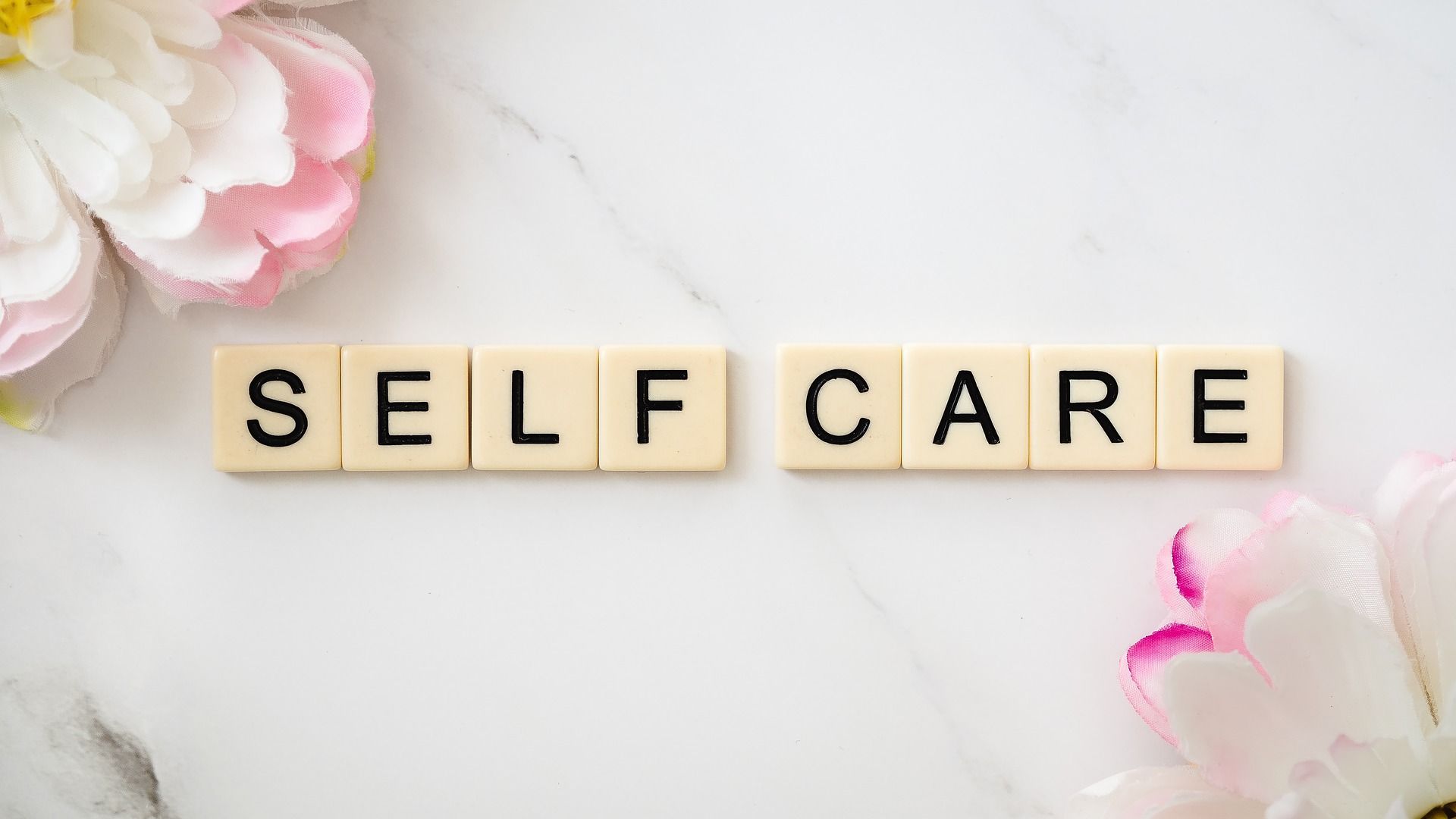How Self-Care Can Improve Your Mental Health
Looking after yourself should be your top priority. Here are some examples of self-care and how it can improve your mental health.

We all have mental health and we must take care of them and do what we can to be emotionally healthy. When we change our lifestyle and practice self-care techniques, we find it easier to manage any mental health conditions that we may have. Looking after yourself should be your top priority. Here are some examples of self-care and how it can improve your mental health.
What is self-care?
Self-care is defined as “a multidimensional, multifaceted process of purposeful engagement in strategies that promote healthy functioning and enhance wellbeing.” Simply meaning that there are many forms of self-care and a combination of them all will enhance your overall health and wellbeing. Self-care is vital for building resilience towards the things in life that cause you any stress, anxiety, or unhappiness.
Types of self-care
There are many types of self-care including physical, social, emotional, mental, and spiritual. You must provide yourself with the time to do some self-care activities from each of these categories.
Physical self-care includes anything you do to maintain a healthy body. Remember that there is a strong connection between your body and mind and when you look after your body, you will feel better on a mental and emotional level too. To practice physical self-care, you need to know how best to fuel your body, how much sleep you need, take prescribed medications, if you have them, and have a well-balanced, nutritional diet. Ask yourself these questions. Am I getting adequate sleep? Am I getting enough exercise? Is my diet healthy and giving me the nutrients I need to thrive? If the answer is no to any of these questions, then you need to look at ways to improve your physical health.
Social self-care is making time in your life to connect with others. It can be easy to neglect your relationships in your chaotic day-to-day life, but your social health is just as important as your mental and physical health. Human beings are social creatures and we should find time to put energy and time into building our relationships with our loved ones. Everyone has different social needs but you should ask yourself the following questions. Am I spending enough time with my family and friends? Do I put enough time and energy into my romantic relationships? If the answer is no, you need to give yourself time to work on your social self-care.
Mental self-care is important to living a happy and healthy life. You can improve your mental self-care by keeping your mind sharp, learning about things that you are passionate or curious about, and watching and reading things that inspire you. It’s also a part of mental self-care to practice self-compassion, think positively, and change the way you approach life challenges and situations. You need to ask yourself the following questions. Am I doing enough mental activities to stimulate my brain? Am I being kind enough to myself? Do I think positively or am I practicing negative thought patterns too much?
Spiritual self-care can sometimes include praying, attending a religious service, or meditating. But it doesn’t have to be anything to do with religion or spiritual practices. It can be simply doing activities that are good for the soul. Ask yourself these questions. Am I feeling fulfilled by my life choices? Do I feel like my soul is truly happy? Am I living a life that exceeds my true potential? Do I feel connected to the world and have a bigger purpose for myself? If the answer is no, then you need to focus on being more spiritually healthy. This means different things for everyone, whether that is doing yoga, writing in a gratitude journal, or doing a creative hobby that you enjoy. Find joy in the small things and you will find yourself improving your spiritual health.
The importance of self-care
Why is self-care so important? Well, self-care is the practice of checking in with yourself and knowing what you need and want. So the first thing you need to do is to be more aware of your body, your mind, and your individual needs that need to be addressed. Ongoing research and studies have shown that practicing many forms of self-care regularly can improve your productivity, your immune system and your relationships and give you higher self-esteem.
Setting goals and making a plan
You don’t need a rigid schedule or routine to ensure you are making enough time for yourself but if you have a particularly busy lifestyle, you may want to write down some goals for yourself, to ensure you are taking your mental wellbeing seriously. Create a plan for yourself and stick to it and you will see the positive benefits of self-care on your mental health. Give yourself the same love and attention you give to others, you deserve it!
